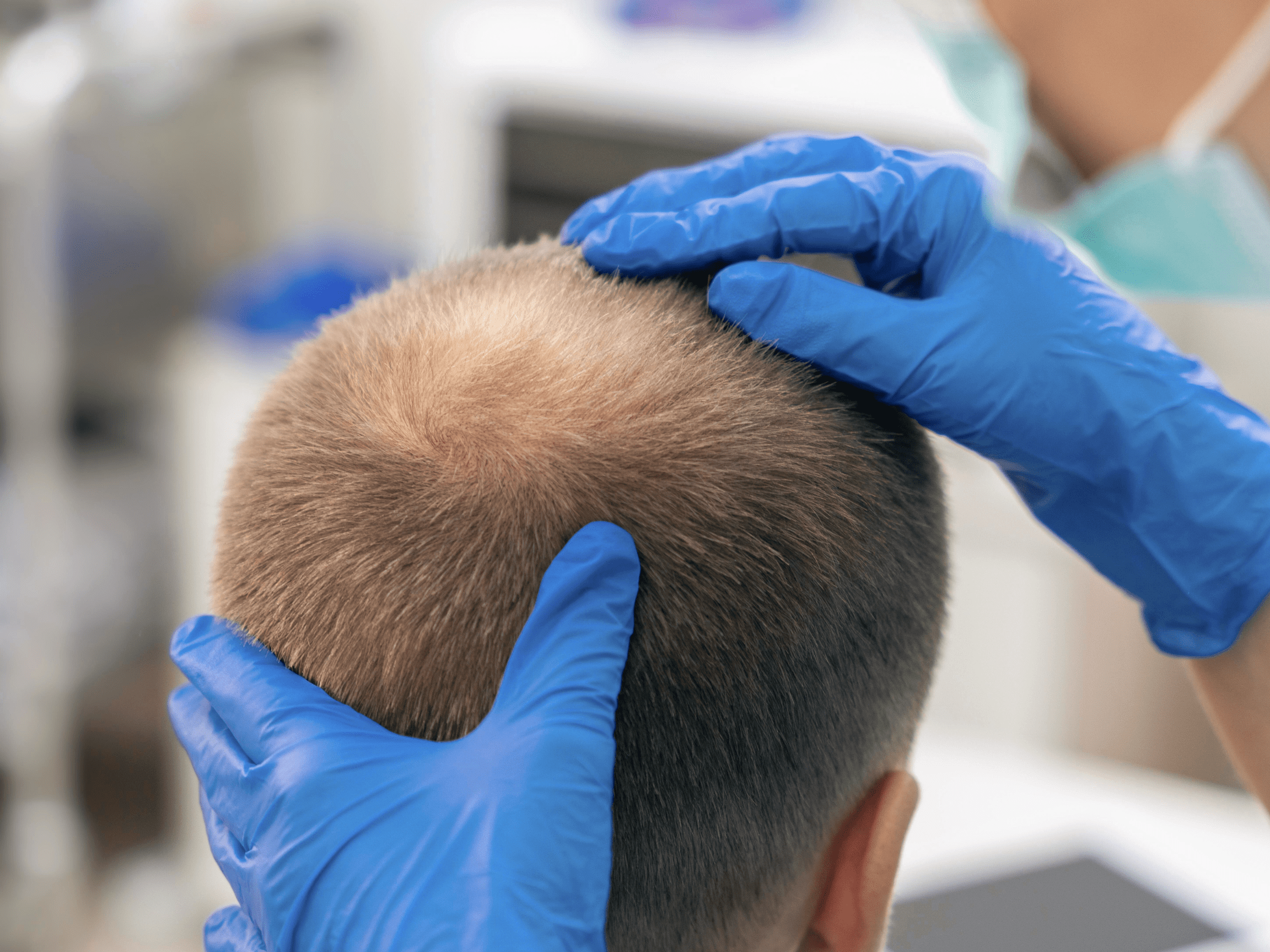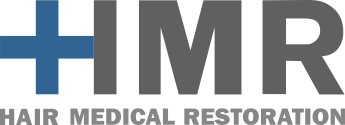
A Key to Restoring Confidence
Hair Medical Restoration
The donor area is a crucial aspect of hair transplants as it provides the hair follicles for transplantation. Here's why it's important and how to select the donor area:
Hair transplantation has emerged as a highly effective solution for individuals facing hair loss and thinning. One of the fundamental aspects of a successful hair transplant is the careful selection and management of the donor zone. The donor zone is the area on a patient's scalp where healthy hair follicles are extracted and transplanted to the recipient area, ultimately providing a natural and long-lasting solution for hair loss.
The Significance of the Donor Area
The donor area is typically located on the back and sides of the scalp. The hair in this region is genetically resistant to the effects of the hormone dihydrotestosterone (DHT), which is responsible for male and female pattern baldness. As a result, hair follicles from this zone tend to be strong, healthy, and permanent, making them the ideal source for transplantation.
- Hair Quality
The donor area typically has healthy and permanent hair follicles, ensuring the transplanted hair will grow naturally.
- Aesthetic Outcome
Choosing the right donor area influences the naturalness and success of the transplant.
- Limited Supply
Donor hair is finite, so it's vital to use it efficiently.
How to Select the Donor Area:
1. Scalp: The back and sides of the scalp are the most common donor areas due to their stable hair growth.
2. Assess Hair Density: The donor area should have sufficient hair density to cover the recipient area.
3. DHT Resistance: Choose an area where hair is less susceptible to the hormone DHT, which causes hair loss. This is why the back and sides are preferred.
4. Discuss with a Specialist: Consult with a hair transplant surgeon who will assess your donor area's suitability, based on your specific case.
5. Plan for Future Hair Loss: Consider how your hair loss might progress in the future to ensure the donor area is used wisely.
In summary, the selection of the donor area is a critical step in hair transplants, as it can significantly impact the overall success and naturalness of the procedure. Consult with a specialist here at Hair Medical Restoration to determine the most suitable donor area for your unique situation.
Donor Area Evaluation
Before a hair transplant, a thorough evaluation of the donor zone is conducted by the surgeon. Factors such as hair density, texture, color, and the overall quality of hair in this area are assessed. It's essential to select the most suitable grafts to ensure a natural and aesthetically pleasing outcome.
Types of Donor Harvesting
There are two primary methods for harvesting donor grafts:
Follicular Unit Transplantation (FUT): In FUT, a strip of hair-bearing skin is removed from the donor area, and the grafts are dissected under a microscope. This method is efficient and yields a high number of grafts, but it leaves a linear scar.
Follicular Unit Extraction (FUE): FUE involves the extraction of individual hair follicles directly from the donor area. This method is minimally invasive, does not leave a noticeable linear scar, and has gained popularity in recent years.
Post-Transplant Care
After the hair transplant, proper care of both the donor and recipient areas is essential. The donor area usually heals within a few weeks, leaving minimal scarring. Patients can return to their daily routines relatively quickly.
The donor zone plays a pivotal role in the success of a hair transplant. A well-chosen and managed donor zone ensures that the transplanted hair looks and feels natural, contributing significantly to the restoration of a patient's confidence and self-esteem. As technology and techniques continue to advance, hair transplant procedures are becoming increasingly sophisticated, offering hope to those who seek a lasting solution to their hair loss concerns.
At Hair Medical Restoration, in collaboration with Dr. Jorge Cortez, we offer both online and in-person consultations. These consultations are dedicated to assessing your specific case and needs. Our experts will conduct a comprehensive analysis, taking into account your individual circumstances, and provide personalized guidance based on your expectations and experiences.



